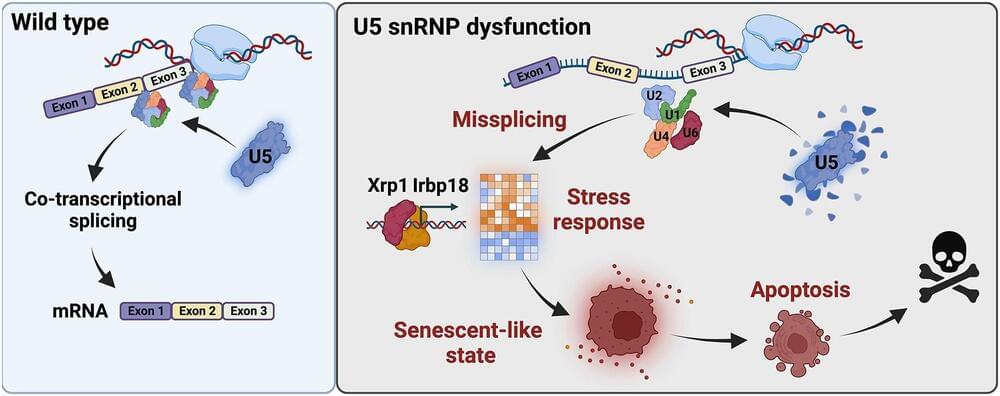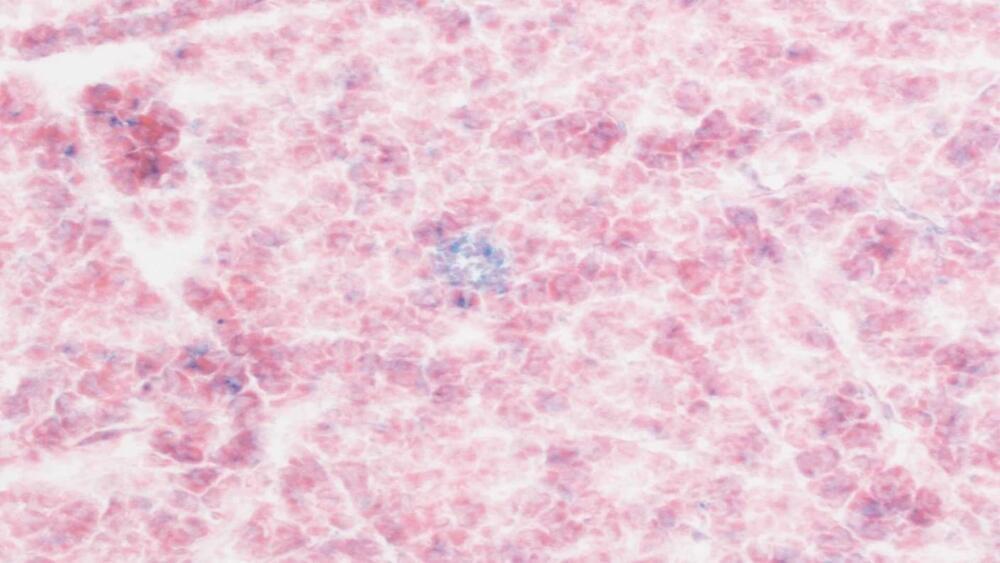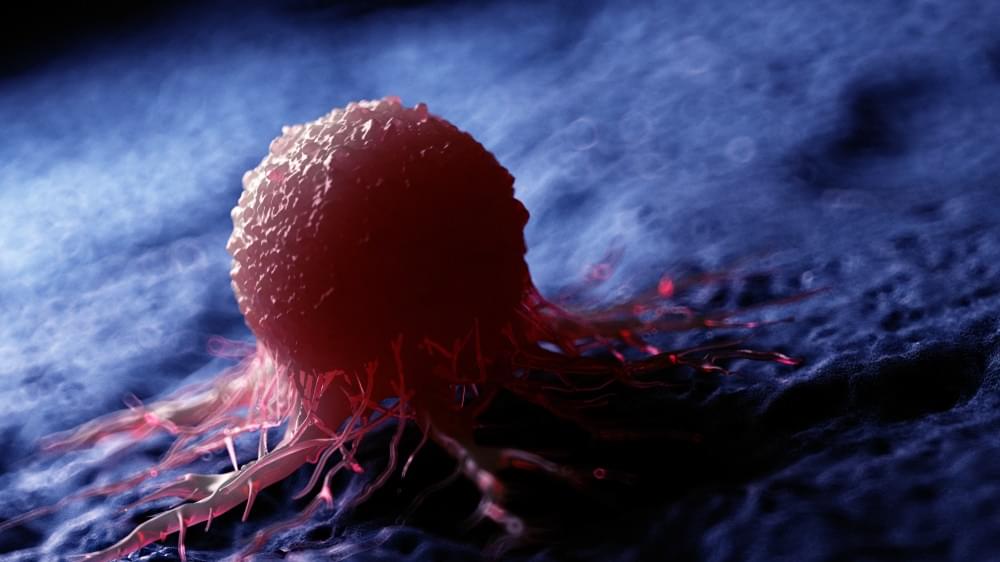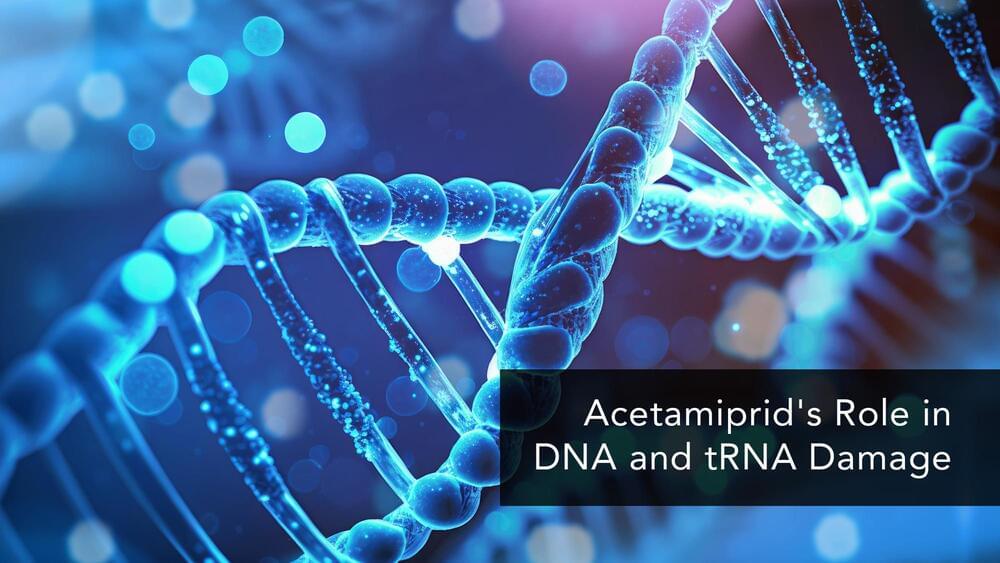We’ve updated our list of the best longevity experts on Twitter/X and added 8 new accounts, including Dr. Morgan Levine, Dr. Brad Stanfield, and the research journal Nature Aging!
Best known for his popular longevity YouTube channel, Stanfield is a medical doctor with an interest in longevity science. Like some other folks on this list of longevity influencers, Stanfield can be a bit iconoclastic, challenging orthodoxy on things like resveratrol and fisetin.
Just like in his well-sourced videos, Stanfield’s Twitter feed is heavy with links to research papers and studies on longevity-related topics, from recent mouse studies out of the Interventions Testing Program, to threads on diet based on new trials. The downside is in his Twitter feed you don’t get to hear that sweet Kiwi accent you get from his videos.
Followers: 24,000
Founder and CEO of AI drug discovery Insilico Medicine (which has raised over $400 million under his leadership), Alex Zhavoronkov seems to be everywhere in longevity circles. From serving on the board of Peter Diamandis’s X-Prize Foundation (which recently announced its longevity X-Prize), to founding biological age testing company Deep Longevity, to somehow having the time to publish over 170 peer-reviewed studies.






